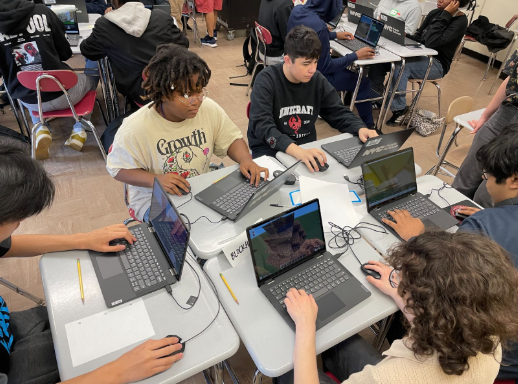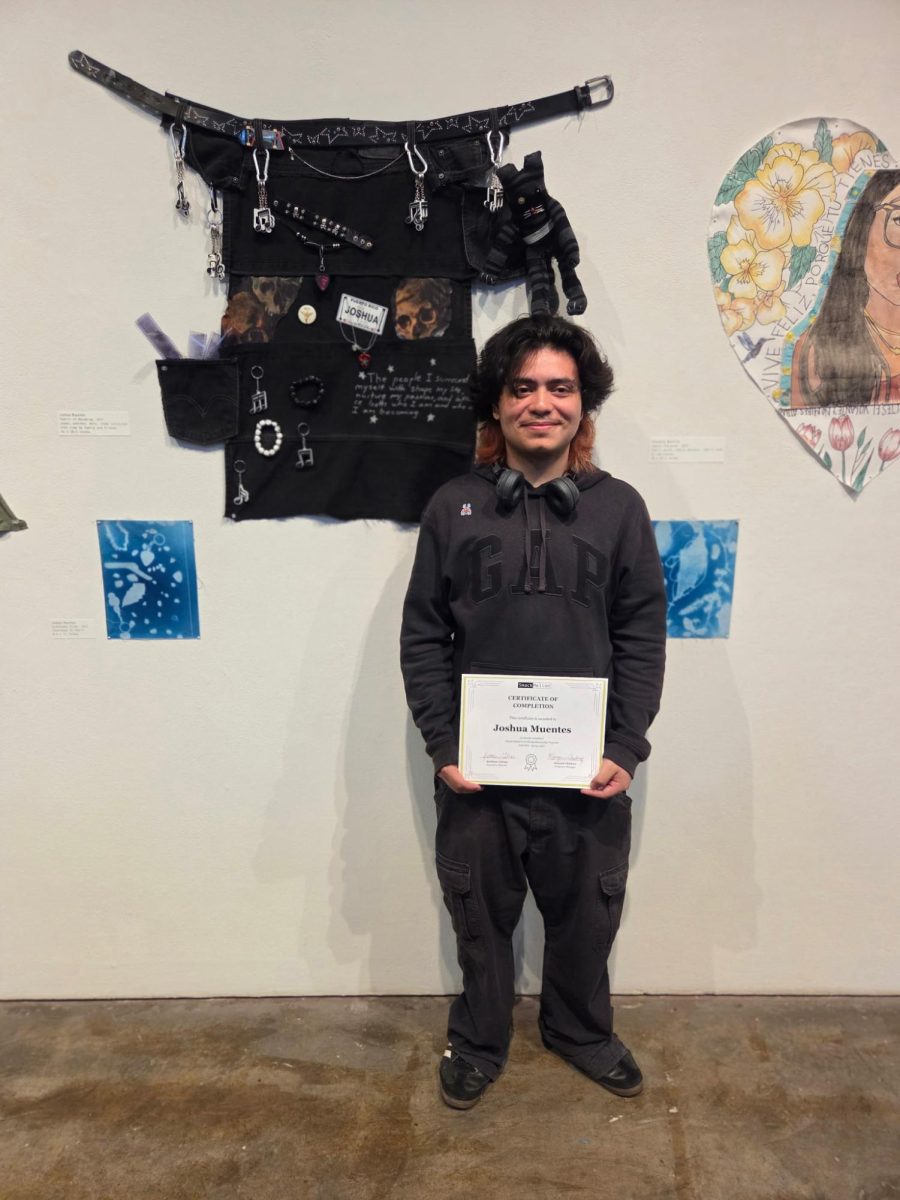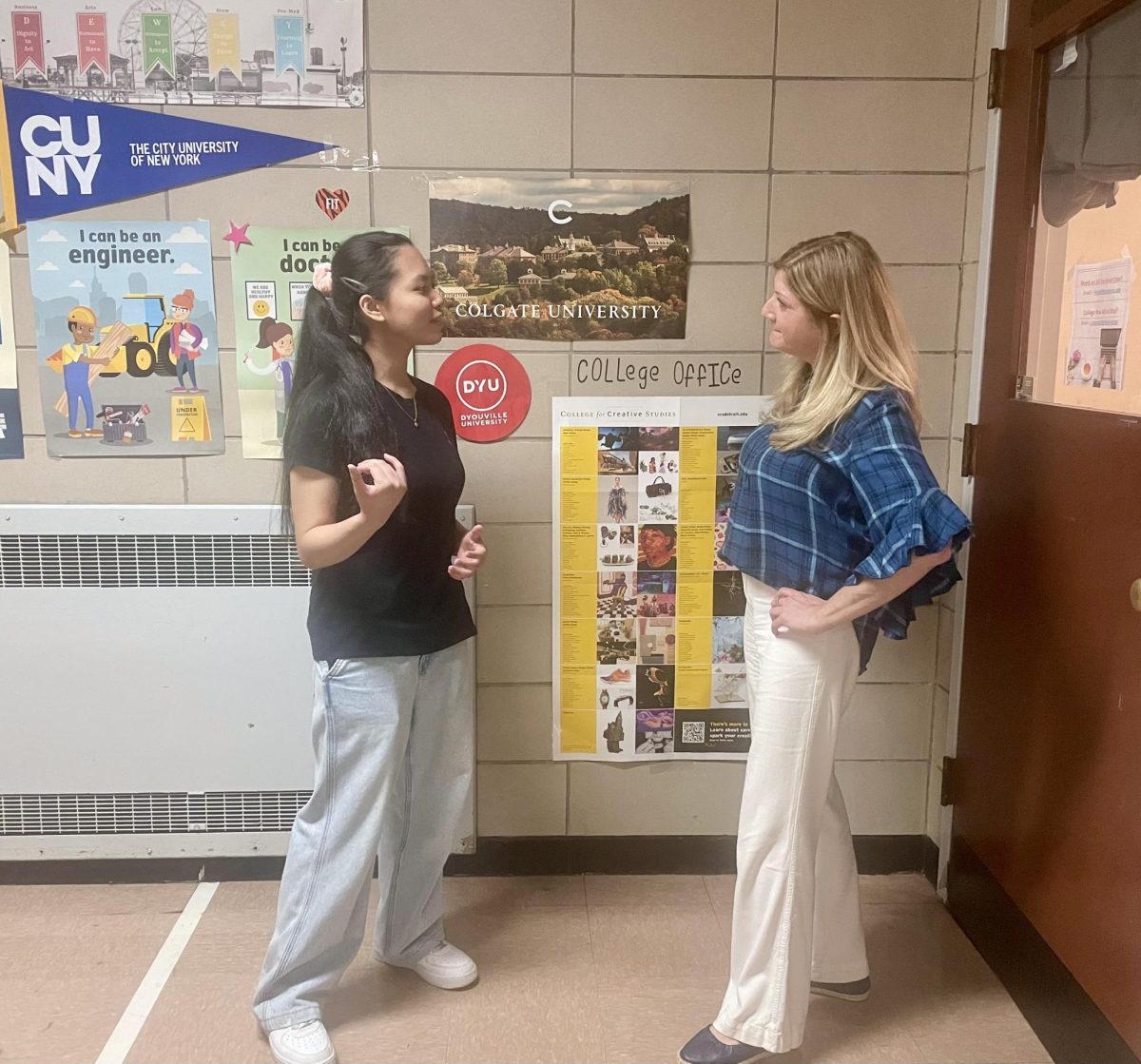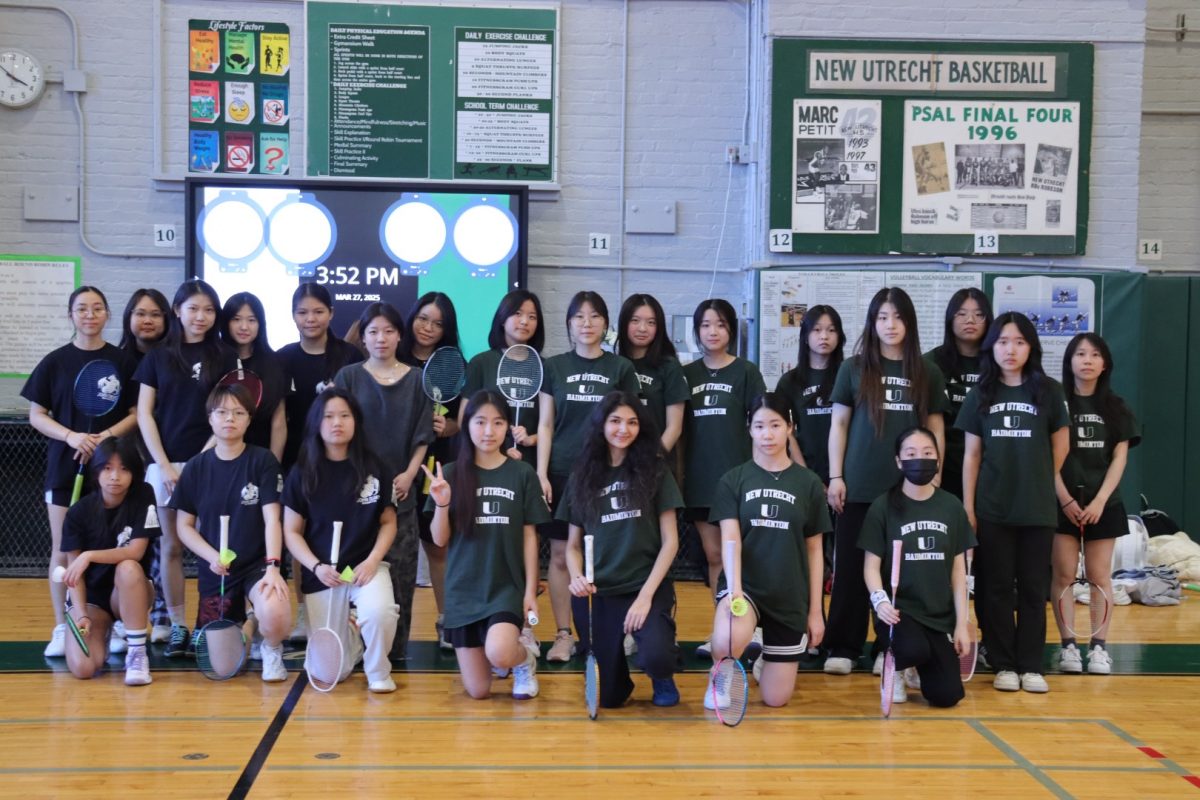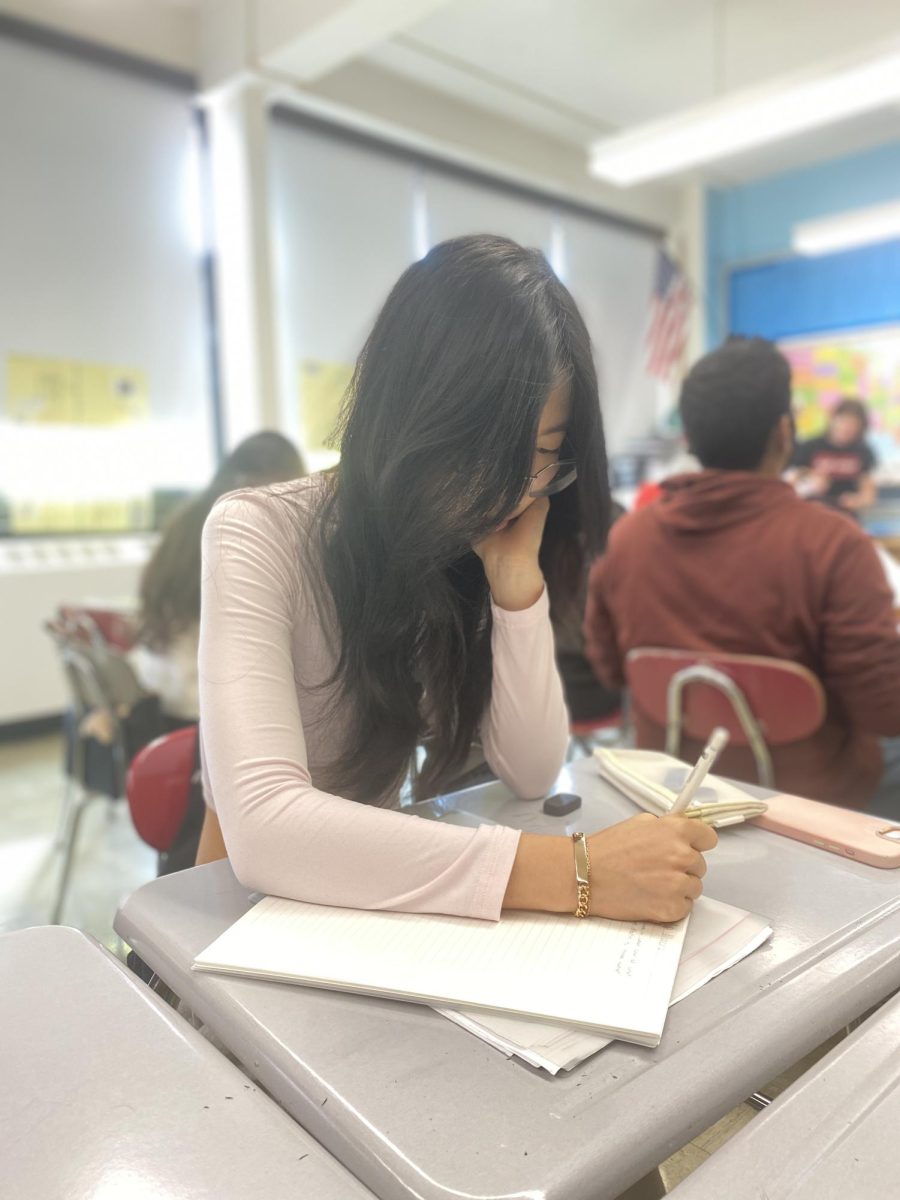April showers bring May flowers?—nope, April studies bring May exams.
As the days of March dwindle down day by day, paving the way for the approach of April, it strings along the dread of Advanced Placement exams that comes in early May. Though there is still time before the pressure of studying comes weighing down on a student’s schedule, it’s never a bad thing to gain a head start on relearning the materials needed for the exams.
There are many ways to tackle and jog the memories of the previous lectures, as well as many well credited websites that can help with the process of studying. To give an example, Khan Academy is a great study tool, with many free lessons that provide the necessary step-by-step instructions on how to achieve the desired solution. Or CollegeBoard, providing copies of previous exams on their website for students to download and practice.
While all previous tests were done with pen and paper, CollegeBoard had made the decision to move from paper exams to digital exams, as they had done with the standardized admission test—or known as SAT.
This sort of change brings forth new concerns, not just about the technology itself, but with the structure of the new online APs. So how are students adapting their studies to better fit the changes?
“Well, if I were to study for the digital AP’s, I believe just like last year, I studied online using CollegeBoard resources more than anything else,” Maybo Choi said, a senior at John Dewey High School. “I would be very used to the digital formatting of the test through these practices.”
“So, instead of using the resources CollegeBoard is providing—I don’t think they’re very helpful—I just go to YouTube and find the AP videos that’s like 50 minutes long and follow along and do the problems with them; I find The Organic Chemistry Tutor to be very helpful,” Bin Hu said, a senior ranked top five in the graduating class of 2025. “Then when I feel ready, I take a practice test. That’s the way I study for all my tests, active learning instead of passive learning.”
“[I’m] just doing exercises in AP Classroom, and going through the practice that’s set up in there, as well as asking teachers for additional help if necessary,” Mindy Zou, a senior taking two APs this year, said. “And just praying for the best.”
“Practice tests, and whatever I don’t understand, I just research the concept and study said concept,” Angel Tam answered.
“I’m not, I’m just winging it,” another student who wished to remain anonymous said.
“[I] generally study using practice questions, practice exams—both off CollegeBoard and other sites that I find,” Felix Imran said, a junior preparing for AP week. “The things I find I have issues with I watch videos on those and practice them again; also active recall.”
So what we’ve mostly gotten from everyone is to practice, practice, and more practice. If students aren’t utilizing their time efficiently to study, then it might just be harder to understand the materials that’ll show up on the test.
As gathered, many would refer back to the old exams provided by CollegeBoard to assess their skill level, before pinpointing their area of needs and honing in on that specific skill. However, study techniques all vary, and everyone learns differently. Find what works for you and make the best of it.
Good luck to all students taking the Advanced Placement tests!

